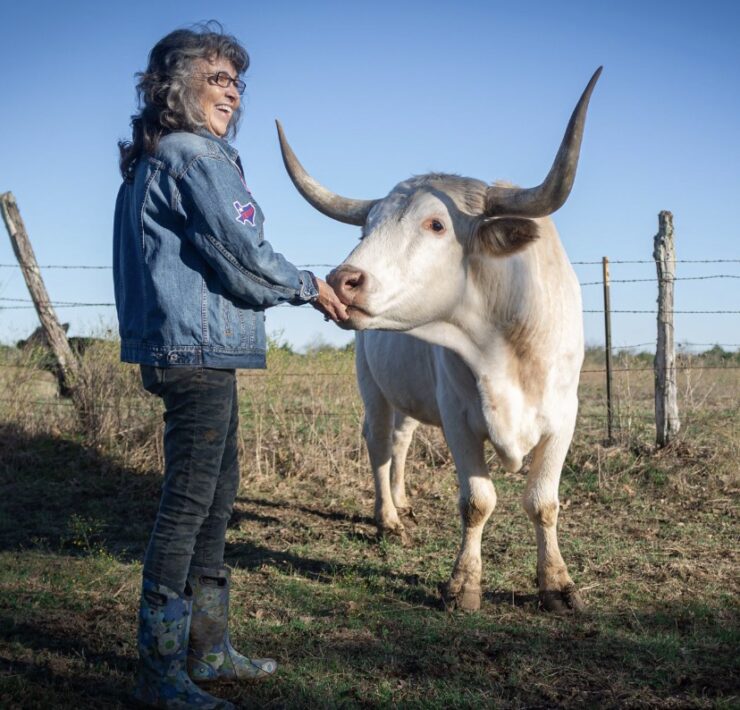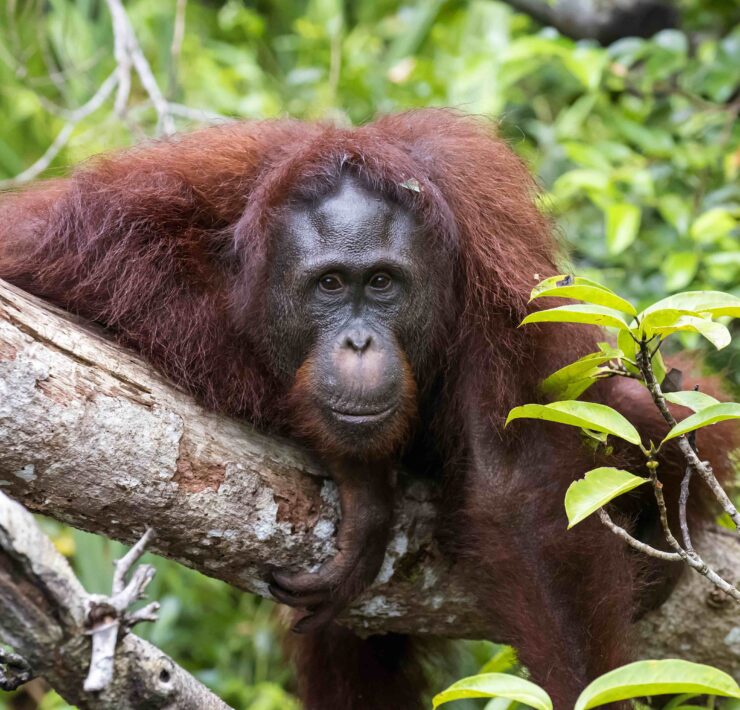Author Dr. Melanie Joy! Luxembourg Animal Rights Conference 2018!

Melanie Joy is the Harvard University trained social psychologist who coined the term Carnism. This defines our society’s false assumptions that normalize the unnecessary eating and exploitation of some animals while encouraging us to love other animals! Dr. Joy mesmerizes the packed audience at the International Animal Rights Conference in Luxembourg! #JaneUnChainedEUROPE
Dr. Joy is here to talk about a virus in the vegan community in her speech. Toxic communication between vegans is incredibly debilitating to the person on the receiving end. It is a behavior every person in the room has experienced, unfortunately, and it is a serious problem for the vegan and animal rights movements. Brilliant leaders have shared their stories with Melanie and told her how it has hurt them to the point of wanting to quit. People feel like they are betrayed and demoralized by the very people they are supposed to be working with in order to strengthen their endeavors.
“Toxic communication is any communication that violates our integrity and harms the dignity of others.” We violate our integrity whenever we communicate in a way that is not reflective of compassion and justice. Dignity is violated whenever we shame someone and make them feel less than worthy. Shame is the feeling of being less than and it can be incredibly damaging to a person emotionally and physically. Often times, it does not result in the behavior the person shaming the other was trying to achieve. Shame is contagious. People who have been shamed look to shame others as well in order to uplift themselves.
This compounded toxic behavior is hurting the vegan movement exponentially. Examples of consequences offered by Dr. Joy can include: high rates of absenteeism, decreased creativity, anxiety, insomnia, depression, anger, fear, retaliation, and even heart disease. Researchers estimate that a toxic workplace of 1,000 people can cost up to 2 million dollars in lost productivity. This could cost $20,000 in a small organization of 10 people. In terms of cost to the animals, this could cost 20,000 animals to not be spared if each animal equates to a dollar lost. We cannot afford not to address this issue.
Toxic communication has been normalized in our society, so much so that it goes on noticed on a daily basis. STSD (Secondary Traumatic Stress Disorder) can often result from negative experiences. This leads to our perception of the world as one big traumatic event. The more traumatized we get the more we define our roles rigidly, as a hero, victim, or witness for example. Dr. Joy also shares a phenomena called “over witnessing,” which an take place when people force themselves to watch a large amount of slaughterhouse footage and other graphic videos of cruelty to animals. She says this can lead to burnout. Give yourself permission to let your trauma go and you will be less likely to communicate negatively.
“We have to learn to relate to the world the way the world is rather than relate to the world the way we wish it was.” The profundity of this statement is inspiring. We have to make peace with aspects of our lives that are not perfect. We can only strive to improve but perfectionism is impossible. Know this and internalize it. There is always room for improvement but nothing is ever perfect and it will never be. Acceptance of factors that are out of our control is a strength, and we can grow and move forward once we realize this.
The vegan movement was created to combat negativity, and change starts from within. We have to be careful how we are communicating with others and try to treat everyone with an equal amount of respect regardless of their positions in relation to our lives. We also have to be weary of the company we keep. If the people you surround yourself with are communicating toxically, you are more likely to communicate that way as well. It is also import to limit your toxic engagements online. Try not to communicate with isms or ideologies, because they lead to misrepresentations of those around us and ourselves ultimately. Once you label a person’s character based on their actions, they will most likely be shamed, and less likely to be open to change. These suggestions and so many more from this wonderful speech will help you to communicate more positively and constructively with others.
One powerful way to avoid shaming others is by empathizing with others. Try to relate to others you are not in agreement with and see the issue from their perspective. This allows for a more compassionate approach to your communication towards them. Let’s all make the animal rights movement a success by helping each other and reinforcing our efforts towards our common goals. Stronger together will always be the more impactful, but only if we are able to communicate with each other and uplift each other, instead of hurting and hindering one another.
Read Dr. Melanie Joy’s books:
Why We Love Dogs, Eat Pigs, and Wear Cows: An Introduction to Carnism
Visit https://www.carnism.org/ for more information.
Watch all the conference videos at: youtube.com/user/VeganKanal
Jane Velez-Mitchell reporting for #JaneUnChainedEUROPE on JaneUnchained.com.
Report edited by Ellen Dent.
Photos by Jane Velez-Mitchell:




What's Your Reaction?
Jane Velez-Mitchell is an award-winning TV journalist and New York Times best-selling author. She is the founder of UnchainedTV and the host of several shows on the network.









